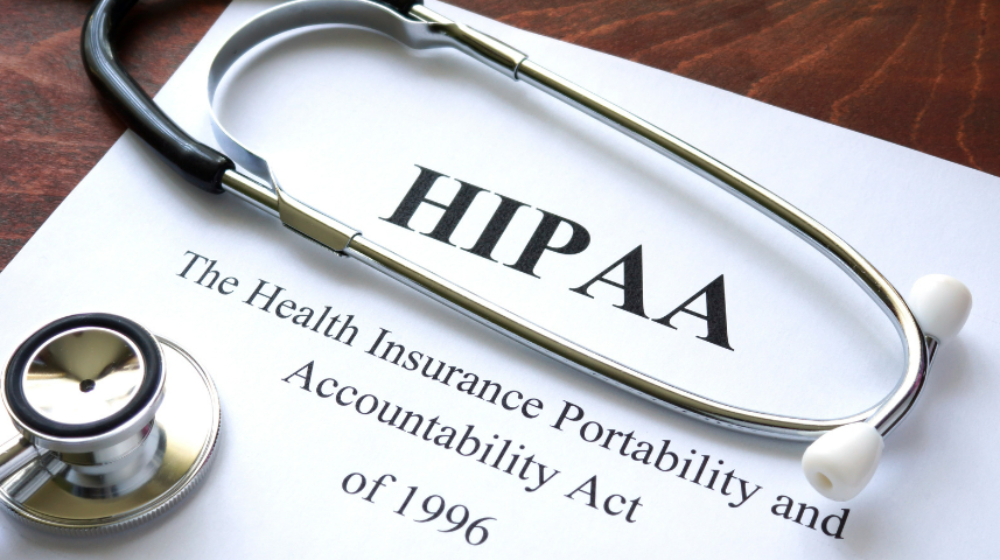How to Have a HIPAA-Compliant Call Center?
In today’s technology-driven world, the healthcare industry is continuously striving to improve patient experience and satisfaction. One way of achieving this is through optimized communication channels, particularly a call center that is designed to comply with the Health Insurance Portability and Accountability Act (HIPAA). This article will discuss the key aspects of a HIPAA-Compliant Call Center and its importance in the healthcare landscape.
The Role of a Medical Call Center in Healthcare
A medical call center can be an invaluable component of a healthcare operation. These centers serve as a primary point of contact between healthcare providers and their patients, assisting with appointment scheduling, prescription refill requests, and answering general inquiries. They also play a critical role in the assessment of patient’s condition and identifying emergency cases. Ensuring that a call center is HIPAA-compliant is crucial to maintaining patient privacy and security.
Key Elements of a HIPAA-Compliant Call Center
- Employee Training: Medical call center staff always receive appropriate training in HIPAA regulations. This encompasses understanding the privacy rules and security rules, as well as how to properly handle sensitive patient information.
- Data Encryption: Any patient information transmitted through electronic means must be encrypted to prevent unauthorized access. This includes phone calls, emails, and stored data such as call logs and recorded conversations.
- Access Controls: Accessing sensitive patient information should be restricted to authorized personnel only. Call center employees must have unique login credentials, and proper systems should be in place to monitor and track their activity.
- Physical Security: Implementing strict security protocols for both hardcopy files and hardware on the call center premises ensures that patient data remains secure.
- Risk Assessments: Regularly conduct a thorough assessment of potential risks to identify areas of vulnerability and evaluate necessary measures to safeguard Protected Health Information (PHI).
The Importance of Understanding Healthcare Call Center Best Practices
Implementing a HIPAA-compliant call center can be a complex process, so understanding the healthcare call center’s best practices is of significant importance. These best practices are designed to support the highest level of compliance and patient satisfaction while streamlining operations.
One such best practice is maintaining effective communication with patients through empathy, active listening, and providing clear and concise information. Additionally, integrating advanced technologies like automated appointment reminders and chatbots can further enhance the overall patient experience. Training call center staff on handling various situations, from routine inquiries to emergency responses, is crucial for maintaining efficient and compliant operations.
Conclusion
As the healthcare industry evolves, the role of HIPAA-compliant medical call centers and their value cannot be overstated. Not only does a HIPAA-compliant call center protect patient data and ensure security, but it also enables healthcare providers to deliver a more personalized and efficient level of care. By focusing on critical elements like employee training, data encryption, and keeping up with best practices, healthcare providers can create a call center environment that upholds these vital standards, ultimately benefiting both the patient and the healthcare provider.

